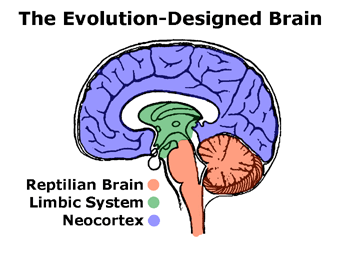

Network effects underlying collective intelligence have changed the world’s competitive dynamics. (A few hundred examples of them and their components, big and small, here.) The network is the mind - and it can be hijacked From social media networks to blockchain and modern financial trading markets, from Wikipedia to Google Search to PatientsLikeMe, from Linux to Gitcoin and Bellingcat, from Taiwan’s use of Pol.is to Citizen Assemblies and OpenStreetMap, from drone swarms to Ukraine’s decentralized defense networks, from manufacturing giant Haier to hedge-fund Bridgewater to enterprises using Microsoft Viva Topics, bits of superminds are being harnessed already. I describe future superminds as the result of the interplay of networks of people and intelligent machines, thus generating emergent, superior (and possibly exponential) cognitive properties. They simply represent a valuable framing for organizational design in an exponential world. Thomas Malone (founder of MIT’s Center for Collective Intelligence), are not Kurzweil’s Singularity things, or a philosophical or religious concept - at least, they don’t need to be. Superminds, originally conceptualized by Prof. In this essay though, we will focus on something closer to home: organizational, economic, and civil-society networks, and how we can deliberately and effectively design and engineer them to fight climate change, build a future of work that works, improve our democratic governance mechanisms - and more. From tree roots and fungi to our brains, to industrial ecosystems, and perhaps even some form of planetary Gaia system, network-based intelligence drives successful evolution through new organizing structures. They may then predict future events and can help organize lots of things. For instance, nodes that are connected and fed simply but not randomly, are able to store information curated through some form of active inference. One could even intuit a more general power of very simple primitives of collective intelligence. Think of the emergence of the most powerful societies in history, from the Roman and British empires to the United States and modern China: they are closely intertwined with the evolution of networks and their technology such as roads, language, and media. Various forms of technology have triggered momentous changes in networks since time immemorial. Instead, we can and should deliberately enlist the power of digitally augmented collective-intelligence entities: superminds. But, as I will argue, there is reason for optimism as long as we move beyond our fixation with our own individual brains as the center of the action - because they are clearly no match for the challenge at hand. Wilson’s is an insightful yet frightening framing. A positive exponential future will depend on how effectively that trio handles society. Wilson once said that the real problem of humanity is we have paleolithic emotions, medieval institutions, and God-like technology.

Bridging the Innovation Chasm with a Supermind


 0 kommentar(er)
0 kommentar(er)
